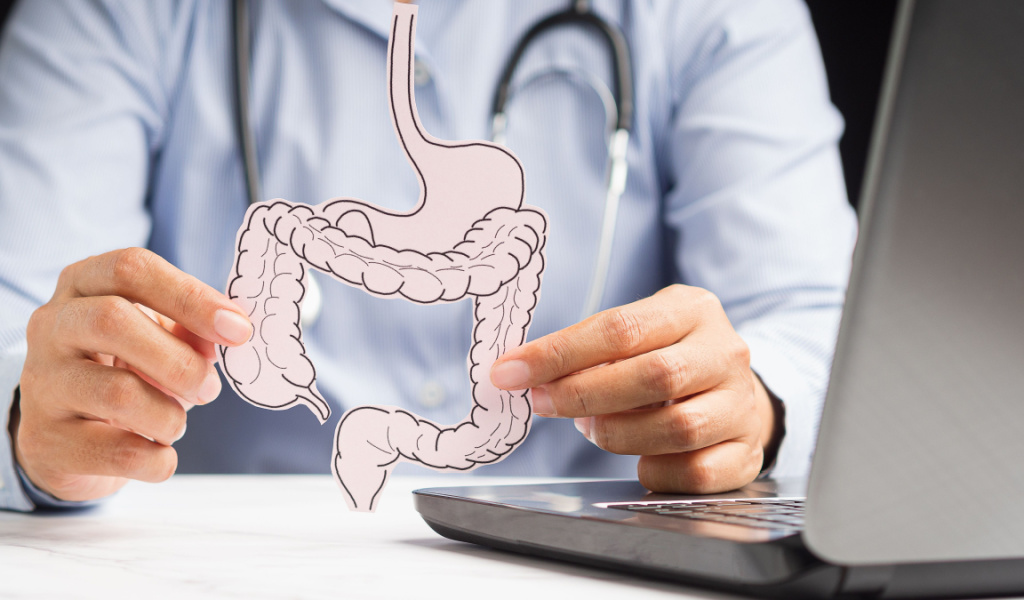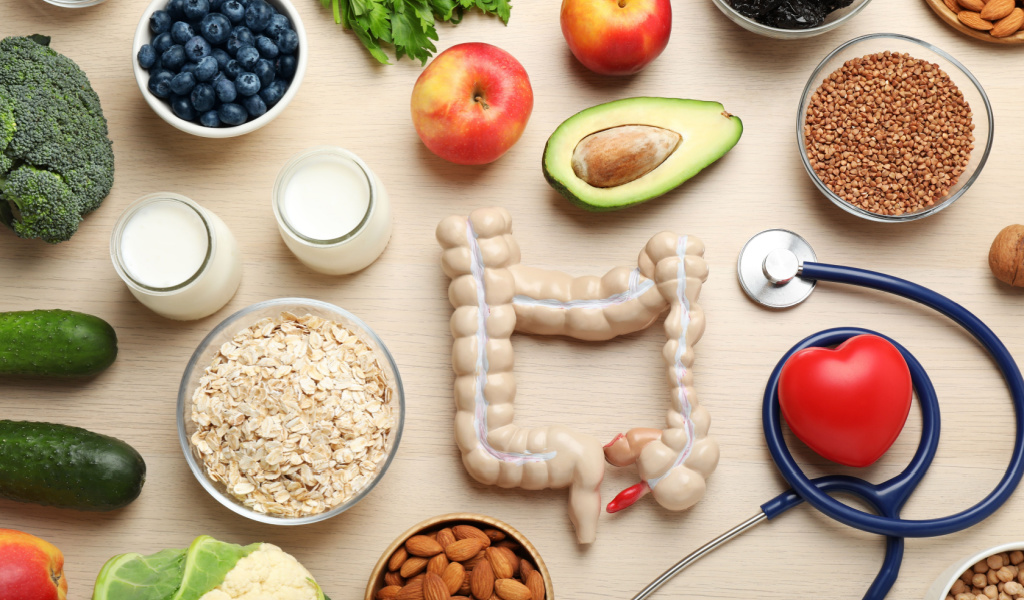The human body is like a machine, and each component contributes to the overall quality of its output. The gut is one of the most important areas in that machine, and its well-being is directly related to several other aspects of one’s health.
Costly probiotic supplements aren’t the answer to improving gut health. Altering your environment can help you obtain a great deal of beneficial bacteria that your gut requires to function effectively. The balance of microorganisms that reside in your digestive tract is known as gut health. Our body consists of approximately 40 trillion bacteria. Maintaining a proper balance of these microorganisms in the gut is essential to improve immunity, physical and mental health. A healthy gut can boost metabolism, strengthen digestion, minimize inflammation, and prevent developing chronic diseases.

When most people think of bacteria, they think of the kind that makes them sick. But there’s another kind of bacteria that is beneficial, and some that are absolutely essential, to the human body. These bacteria, yeasts, and viruses are often known as “gut microbiome” or “gut flora.” Below are a few practical ways to improve your gut microbiome and overall health.
Consume More Probiotics & Fermented Food
Probiotics are found organically in many foods that may already be a part of your diet, such as yogurt and buttermilk. A regular intake of food such as fermented vegetables, kefir, kimchi, kombucha, miso, sauerkraut, and tempeh can enhance your gut health.
Some people may need to take probiotic pills to raise the number of good bacteria in their gut. These pills are easily accessible online, through drugstores and health food stores. As per research, taking in probiotics can help promote a healthy gut microbiome and prevent digestive disorders such as gut inflammation.
Consume Prebiotic Fiber
Prebiotics are indigestible carbohydrates that probiotics consume. They help boost the growth of good bacteria in the gut. Based on research from 2017, prebiotics can help probiotics be immune to specific changes in the environment, like pH and temperature fluctuations. Food rich in prebiotics can be advantageous for those looking to boost gut health, such as onions, chicory garlic, Jerusalem artichokes, asparagus, bananas, and whole grains.
Engage in Regular Exercise
Regular exercise helps maintain your weight and improve your heart health. Research says that being physically active can enhance your intestinal health, which can help prevent obesity. Moreover, it can raise the variety of species of gut bacteria that you can benefit from. A 2014 study revealed that athletes’ gut flora was more diverse compared to non-athletes. The researchers speculated that the athletes’ varying diets from the control group might have led to microbiome variations.
Minimize Sugar & Sweetener Consumption
The imbalance of gut bacteria, called gut dysbiosis, can be caused by consuming excessive sugar or artificial sweeteners. A typical Western diet can severely affect the gut microbiome as it consists of high amounts of sugar and fat, according to the authors of a 2015 animal study. This could badly influence your brain and behavior.
As per another animal study, aspartame, an artificial sweetener, raises certain strains of bacteria connected with metabolic disorders. A group of medical conditions called metabolic diseases increases the possibility of diabetes and heart disease. According to research, the impact of artificial sweeteners on gut flora in humans has proven to have adverse effects on blood glucose levels. Although artificial sweeteners are not sugar, they can increase blood sugar levels.
Reduce Stress
Coping with stress is essential for numerous health aspects, including gut health. Based on animal research, psychological stressors can affect the microorganisms in the intestines, even if the stress is only for a brief period.
Stressors that are emotional and environmental, including loud noises, intense cold, heat, lack of sleep, and circadian rhythm disruption, can harm your gut health. Moreover, deep breathing exercises, meditation, and progressive muscle relaxation are among the few stress reduction approaches. The stress level can be reduced by following a healthy diet, exercising regularly, and getting enough sleep.
Avoid Unnecessary Antibiotics Usage
Overusing antibiotics is a severe public health concern since it can lead to antibiotic resistance, although it is often required to treat infections caused by bacteria. Additionally, antibiotics also affect the gut microbiota and immunity. Some study indicates that even after only six months of antibiotic use, the gut continues to lack several good bacteria.

Get Adequate Sleep
The effects of sufficient, quality sleep on mood, cognition, and gut health are immense. Irregular sleeping patterns and sleep disruptions can harm your gut flora, which could raise the possibility of inflammatory diseases, according to a 2014 animal study. Maintaining regular sleeping and waking time routines are essential to develop healthy sleeping patterns.
Spice it Up
Garlic, turmeric, ginger, cumin, cloves, and various other spices can clear the harmful bacteria from your gut while avoiding harming the good bacteria. A Penn State study set out to prove this theory by tasking 54 adults with a risk of cardiovascular disease to follow a 4-week controlled-feeding experiment. Some of them were given meals with lots of herbs and spices and others were given meals without. The study found that those who ate meals with more spices had acquired a more diverse gut bacteria population. Furthermore, there was also a decrease in the number of proinflammatory molecules in their gut.
Use Different Cleaning Products
According to a study, disinfectant cleaning agents can affect the gut microbiota, similar to antibiotics. A 2018 study examined the gut flora of Over 700 babies aged 3 to 4 months. The researchers observed that babies with higher levels of Lachnospiraceae gut bacteria, which is linked to type two diabetes and obesity, were nearly twice as likely to live in homes where disinfectant cleaning products were used at least once a week. The babies in question had a greater body mass index (BMI) at age three than kids who had not been exposed to large amounts of disinfectants.
Avoid Smoking
Smoking harms your gut health along with your heart and lungs. And that’s not all – it can also increase the risk of cancer! According to a study, smoking can change the gut flora by introducing more harmful microorganisms and killing the good ones off. Consequently, this could lead to the possibility of intestinal and systemic disorders, such as inflammatory bowel disease (IBD).
Follow a Vegetarian Diet
Based on studies, the gut microbiomes of vegans and meat-eaters are different from each other. A vegetarian diet contains high levels of prebiotic fiber, which promotes gut health. Even if you aren’t able to give up meat entirely, make sure to increase the portion of fresh fruits and vegetables in your daily diet.



